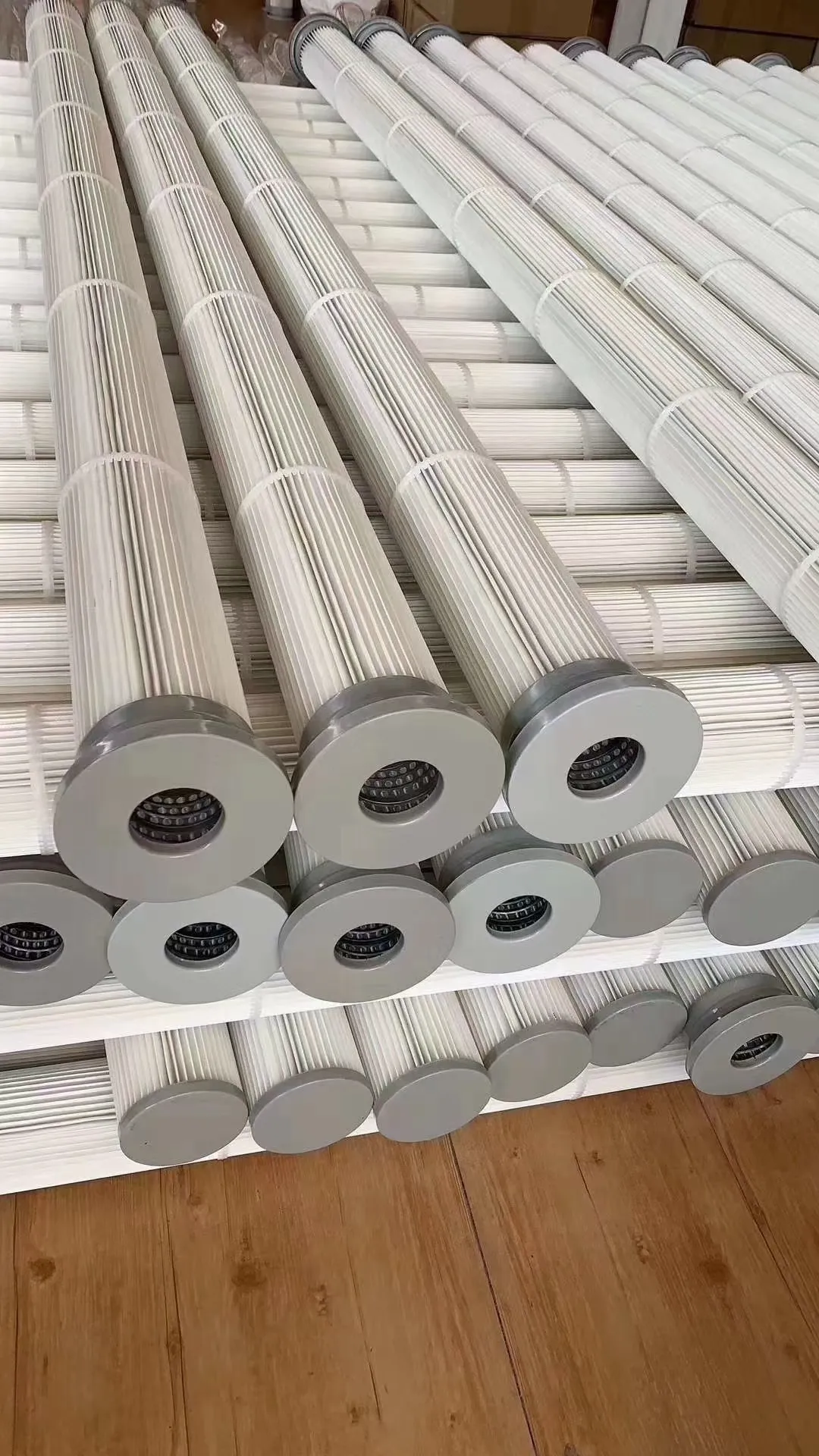 Tel:
+8615930870079
Tel:
+8615930870079
Oct . 31, 2024 18:05 Back to list
Air Intake Filtration Techniques for Gas Turbines and Engine Performance Optimization
Understanding Gas Turbine Air Intake Filters
Gas turbines are at the heart of modern power generation and various industrial applications, relying on a continuous supply of air to function efficiently. A critical component of a gas turbine is its air intake system, particularly the air intake filters. These filters play a vital role in ensuring the gas turbine operates smoothly and efficiently, thereby safeguarding the turbine from damage caused by contaminants.
Understanding Gas Turbine Air Intake Filters
The operation of a gas turbine relies on a clean and consistent airflow. As air is drawn into the turbine, it must be free from any debris that could disrupt the combustion process. If contaminants are present, they can react with the fuel-air mixture in undesirable ways, causing incomplete combustion, increased emissions, and reduced power output. Therefore, installing high-quality air intake filters is paramount for optimal performance.
gas turbine air intake filter

There are several types of air intake filters used in gas turbines, including panel filters, cartridge filters, and electrostatic filters. Each type has its advantages and disadvantages, depending on the specific application and operational environment. For instance, panel filters are commonly used due to their simplicity and effectiveness in trapping larger particles. Cartridge filters, on the other hand, offer higher filtration efficiency and can capture finer particles, which is crucial in dusty or industrial environments.
Regular maintenance and monitoring of air intake filters are necessary to ensure they function correctly. Over time, filters become clogged with dirt and debris, leading to increased resistance to airflow. This situation can result in a decrease in turbine efficiency and can cause the engine to work harder, leading to excessive fuel consumption and lower overall performance. Therefore, establishing a routine inspection and replacement schedule for air intake filters is beneficial.
In addition to performance implications, clean air intake filters also impact the environmental footprint of gas turbines. By ensuring a complete combustion process and reducing emissions, effective filters contribute to cleaner energy production. This aligns with global goals for sustainability and reducing greenhouse gas emissions.
In conclusion, air intake filters are indispensable components of gas turbine systems. They protect the turbine from contaminants, ensure efficient operation, and help mitigate environmental impact. Investing in high-quality filters and adhering to regular maintenance practices will maximize the performance and longevity of gas turbines, ultimately leading to more efficient energy production and cleaner air for our planet.
-
Types and Applications of Air Filtration CartridgesNewsJul.28,2025
-
The Role of Gas Turbine FiltersNewsJul.28,2025
-
Mastering Air Filter Cartridge UseNewsJul.28,2025
-
Advanced Turbine Filters for Modern Gas TurbinesNewsJul.28,2025
-
Cellulose Air Filter Cartridge Advantages in Dust FiltrationNewsJul.28,2025
-
Cellulose Filters for Air Particle ReductionNewsJul.28,2025

 Email:
Email:





